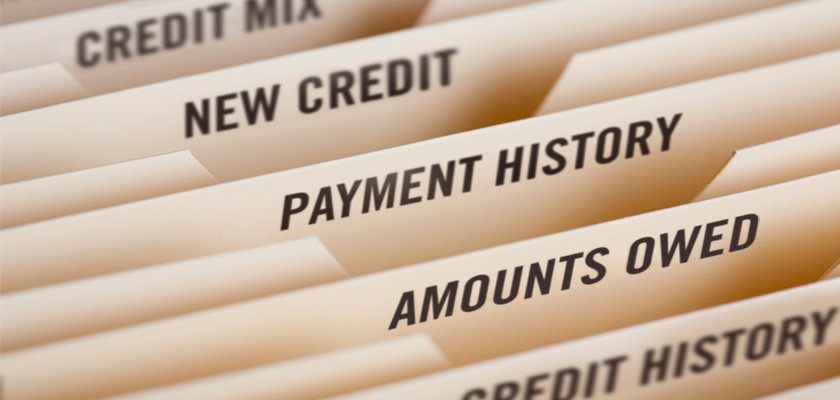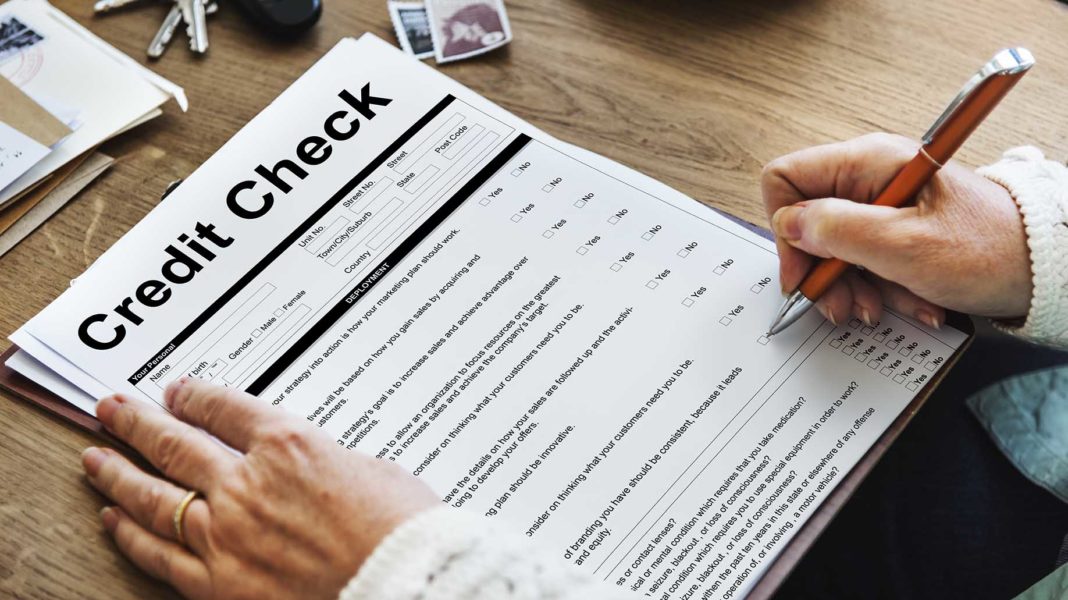Your Guide to Understanding the Difference Between a Credit Score, Credit File, and Credit Check
If you’ve ever applied for any sort of finance or loan, you’ll more than likely come across the words credit file, check and score. But do you know what they all mean and how they are different? Your credit history and current score play a massive part in your ability to lend or borrow money or get anything on finance really.
Each one is different, but they all come together to provide leading companies with an insight into your borrowing and repayment history and current situation. Refused Car Finance has put together a handy guide on how to differentiate each and how they work together.
Credit file 
Your credit file is a record of your borrowing and repayment history and can include data such as mobile phone contracts, mortgages, car finance, loans, missed payments, defaults, and more. It also provides information about yourself, including personal data like name, address, and date of birth. Your file records where you’ve been and where you are now on your credit journey. It has often been referred to as your ‘financial CV.”
It lets lenders confirm that you are who you say you are to prevent any fraudulent claims and also lets them decide whether they should accept you for finance or a loan. It also includes information about any financial partners.
If you take out a joint application with someone, you are then financially linked to them, and they can affect your current credit score, whether dragging you down with a bad credit score or strengthening your profile with a good score.
Credit score 
What is a credit score? Your credit score is usually a numerical rating that shows where you fall on the credit scale at that current moment in time. Each finance provider or lender will use a different scale, so what shows up as ‘good’ to some lenders may be ‘average’ for others.
Your credit score is linked to your credit file as it uses the data within your file to provide you with your rating or score. This helps to indicate to lenders if you should be accepted for credit and which interest rates you would be offered.
To lenders, the higher the credit score you have, the less of a risk you are to borrow money. However, if you do have a good credit score, this makes you more likely to be a victim of fraud! Although credit protection services can prevent fraud, so make sure to look into these. Your credit score takes into account your total amount of debt, type of accounts, number of late payments, and age of your accounts.
Credit check 
A credit check is a search that a company does on your credit file to get a better idea of your financial history. A credit check is usually used by companies such as banks and building societies, mobile phone providers, broadband providers, utility suppliers, and even some employers.
Before lenders accept you for any sort of finance or credit, they will want to determine the level of risk. A credit check usually provides a hard search or soft search on your credit file. A hard search is when a lender or credit company takes a full look at all your financial history on your report, and each check is recorded on your report itself.
Having multiple hard searches on your credit file can decrease your credit score and impact your chances of getting finance in the future. It is best to avoid any unnecessary hard searches on your credit file.
A soft search, however, does not affect your credit score or leave a mark on your credit file! You can have unlimited soft inquiries on your credit file without harming your score. The data from a soft search is usually only visible to you and the finance lender.
What if I have bad credit? 
Bad credit can be due to a number of factors, such as missed payments, defaults, County Court Judgements, bankruptcy, and more. You may think having bad credit may make it impossible for you to gain any credit. However, this isn’t necessarily the case. You may be declined by some lenders as bad credit applicants do pose more of a risk for borrowing, but this doesn’t mean you can’t get finance.
For example, if you were applying for something such as car finance with bad credit, there are a number of lenders who specialize in helping people with bad credit obtain car finance. A finance company will run a credit check on your credit file to see where you fall on the credit scale and then match you with the most suitable lender.
How can I increase my credit score? 
If you find yourself with bad credit, there are several things you can do to improve your credit score. Rebuilding your credit score can take time and doesn’t happen overnight, but it is possible! Lenders want to know that you can be trusted to pay back your loan or finance, so it’s worth working on your credit score and financial situation for at least three months before you apply for any finance.
Make sure you don’t miss any payments in the run-up to your application. By using a calendar or setting up direct debits, you can ensure you don’t make any late payments.
You can also increase your credit score by registering on the electoral roll. The electoral roll is logged on your credit file, and it makes it easy for lenders to verify you are who you say you are and your address information.
You should also check your credit file to ensure no mistakes or fraudulent activity. Also, check if you are financially linked to anyone else on your file. If you have made a joint application with someone else in the past, their credit score can affect your rating.



















